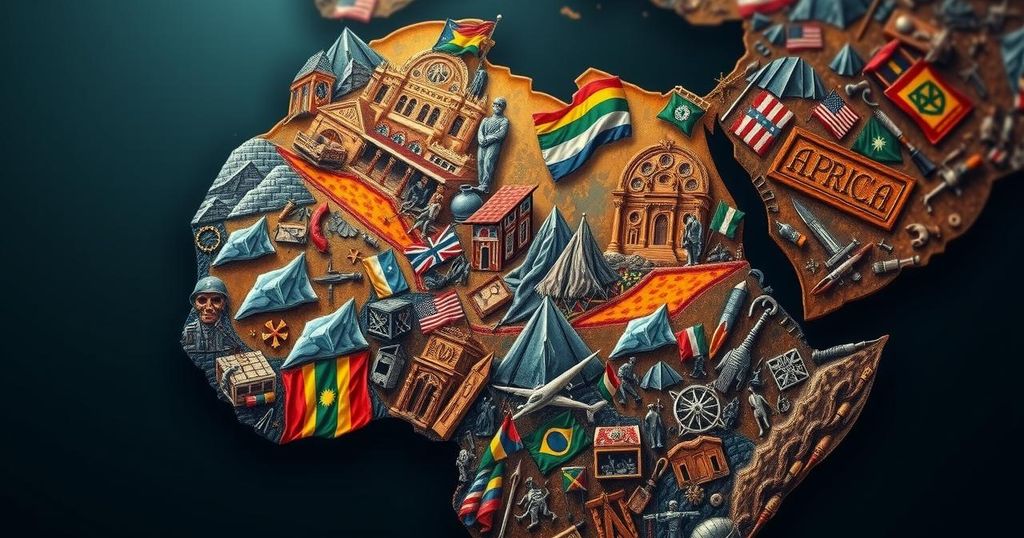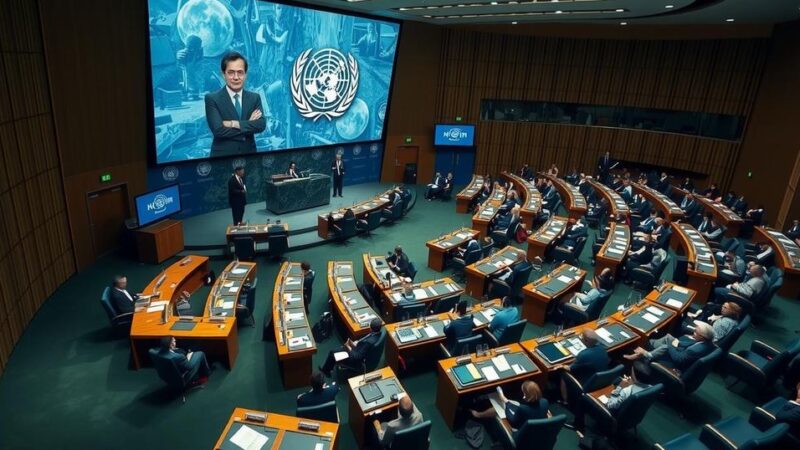South Sudan, the world’s youngest country, has endured 13 years of civil turmoil since its independence in 2011. Despite a peace agreement in 2018, ongoing violence, refugee influxes, and recent flooding have exacerbated the country’s humanitarian crisis, influencing over a million individuals and hampering aid efforts.
South Sudan, which emerged as the world’s newest nation in 2011 after seceding from Sudan, has struggled to overcome the political strife and civil unrest that were prevalent during its time as part of the larger Sudan. Despite being officially recognized as an independent state under a 2005 peace agreement, the anticipated stability and prosperity that independence promised have yet to materialize. The nation has been beleaguered by a protracted civil war that erupted in 2013 when President Salva Kiir removed his entire cabinet and accused Vice-President Riek Machar of initiating a coup. This violent conflict led to the deaths of countless individuals and the displacement of over 4 million people, creating a humanitarian crisis that persists today. Although a peace agreement was reached in 2018 between the rival factions, the situation in South Sudan remains tenuous, compounded by the inflow of approximately 500,000 refugees from the ongoing violence in neighboring Sudan. The humanitarian conditions continue to deteriorate, with famine and poverty impacting the lives of many citizens. Recent warnings issued by the government regarding anticipated flooding have unfortunately materialized, resulting in over one million individuals being displaced as they seek refuge on elevated terrain. The United Nations’ humanitarian organization has noted that the deluge has severely impeded the delivery of aid to those affected, highlighting the dire and ongoing challenges facing this young nation.
The creation of South Sudan followed a lengthy struggle for autonomy and self-governance, culminating in its declaration of independence in 2011. This split was intended to bring an end to decades of conflict; however, the nation quickly fell into violence as internal power struggles between political leaders ignited civil war. The backdrop consists of a complex interplay of ethnic divisions, resource competition, and a lack of effective governance. The ongoing instability has left the nation grappling with severe humanitarian issues, making it one of the most challenging environments for aid and development on the African continent.
In summary, South Sudan’s hopes for a peaceful and prosperous future have been severely hampered by enduring civil strife and humanitarian challenges. With a history marked by conflict since its inception, the country faces daunting obstacles, including refugee crises and natural disasters that complicate relief efforts. The international community must continue to engage with South Sudan to help improve the living conditions of its citizens and work towards lasting peace.
Original Source: www.express.co.uk






